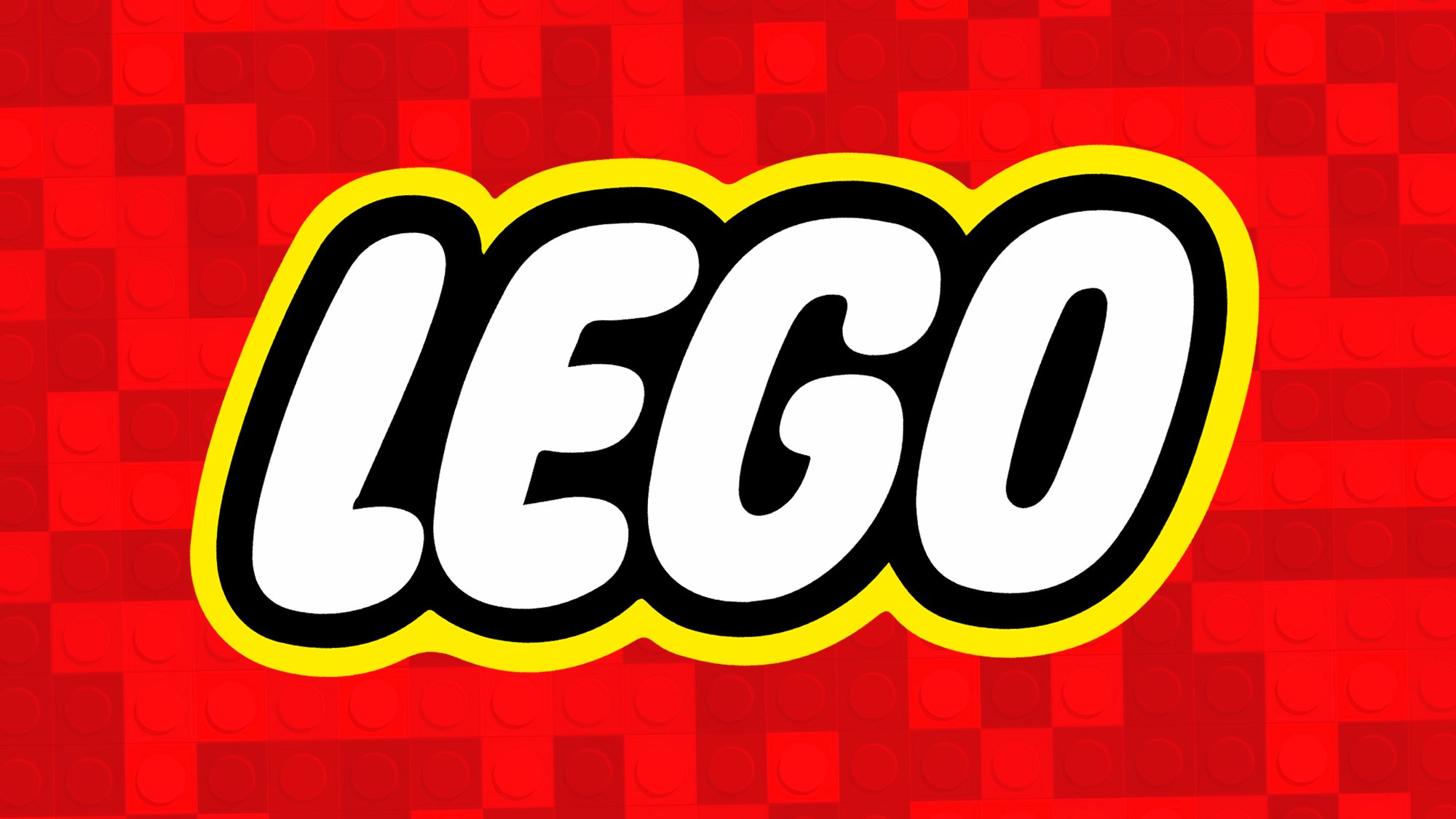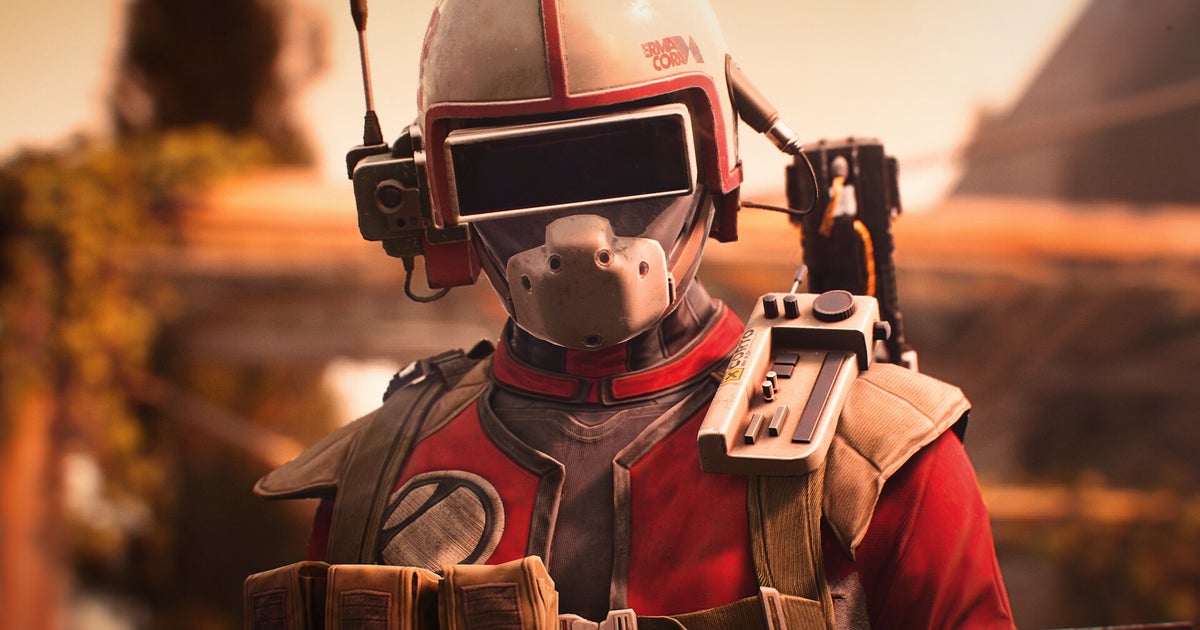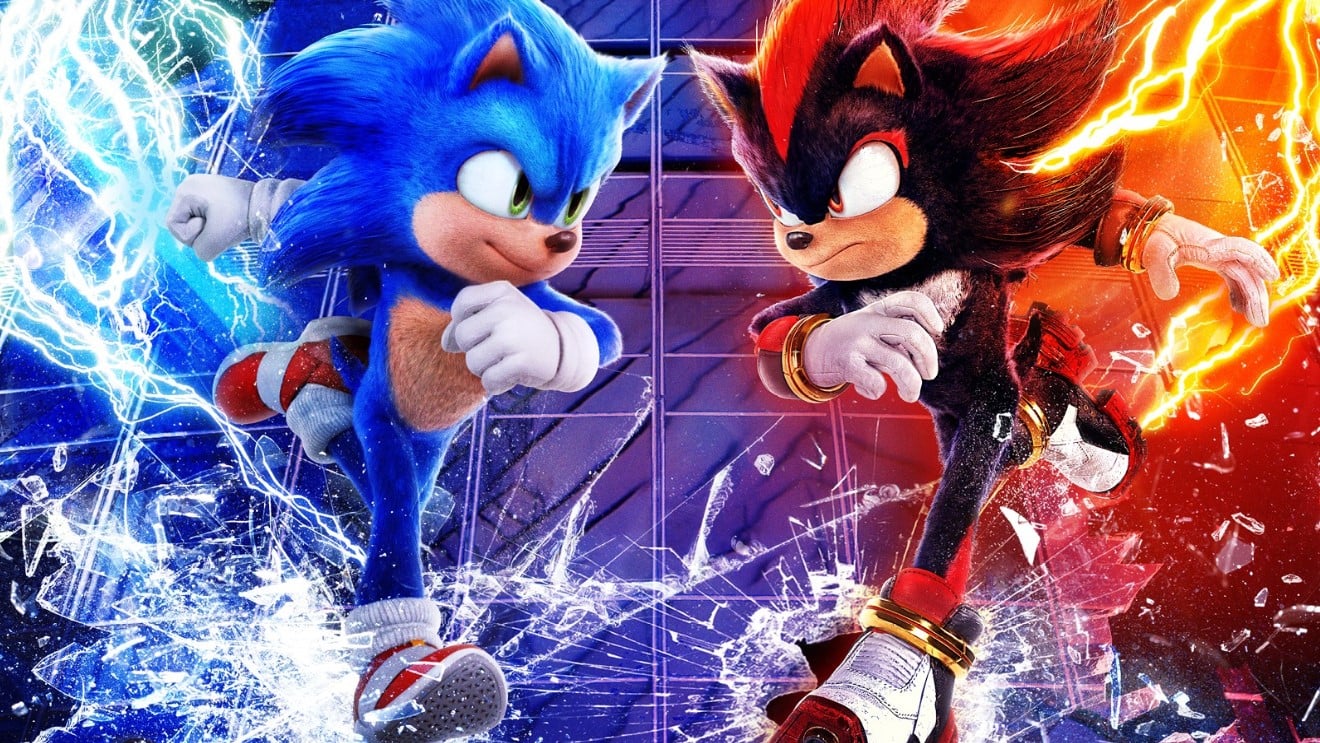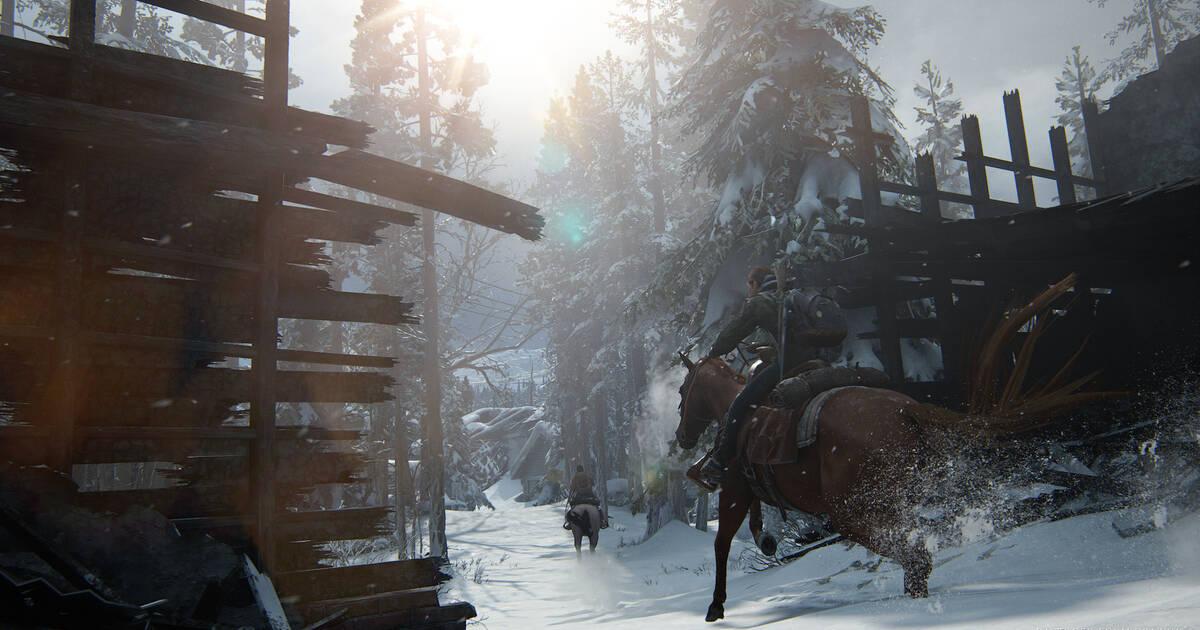- To read also | Okay, so how many episodes will it take to finish Final Fantasy 7 Remake?
We recommend to those who wish to discover Final Fantasy VII Remake in the most virgin way possible to avoid reading these lines.
To better understand some of the choices made in Final Fantasy VII Remake, you should first know that Yoshinari Kitase, Tetsuya Nomura and Kazushige Nojima consider this title as the fifth element of the project Compilation of Final Fantasy VII. As you may not have heard this name for a long time, let's remember that this collection of titles intended to extend the universe of the cult game already included the animated film Final Fantasy VII: Advent Children which acted as a sequel to the game, the mobile game Before Crisis: Final Fantasy VII who was interested in the characters of the Shinra, the PS2 game Dirge of Cerberus: Final Fantasy VII which focused on Vincent Valentine and finally the action-RPG Crisis Core: Final Fantasy VII released on PSP which allowed to live the story of Zack.
It was in 2012, at the time of the 25th anniversary of the Final Fantasy franchise, that Kitase and Nomura met with producer Shinji Hashimoto to evoke concretely the project of a remake of Final Fantasy VII in which the characters would display graphic quality. worthy of the film Advent Children. "The Final Fantasy VII Remake project became a reality from the moment we decided that the first part would focus on Midgar
Regarding the narrative responsibilities, Tetsuya Nomura well wrote the main scenarios of the game while an "external division" (a possible reference to the CyberConnect2 studio which was initially involved in the project) dealt with the secondary scenarios. When Square Enix made the decision to repatriate all development internally, Motomu Toriyama (previously known for Final Fantasy X and for the trilogy Final Fantasy XIII) arrived as co-director and reviewed all the scenarios already written to reformulate them in his own way and have them validated by Tetsuya Nomura.

Screenwriter of the original game, Kazushige Nojima has of course kept a large role and has watched over the least of the replicas formulated by the characters, taking into account the now cinematographic staging of the game. It is he who would have insisted with Tetsuya Nomura to deviate from the paths already beaten by the game released in 1997. "The work of the Compilation of Final Fantasy VII has grown over the years and I wanted to do something that encompasses it all in one game. Each person who played the original game has their own vision of the world of FF7 and I also wanted to respect that. The result of these feelings manifests itself in the history of the Remake (editor's note: Nojima probably refers to the Spinners who are responsible for preventing fate from coming out of its tracks).
According to Nojima and Nomura, Square Enix did not initially intend to include so many scenes calling into question the certainties of the original. "We were only thinking of making a subtle change where we would see Biggs alive at the end, which would have challenged the player and given him a slight feeling of unease"Nojima reveals. Obviously, the team changed their minds and eventually introduced many disturbing scenes and clues, not to mention the recurring (and normally premature) appearances of Sephiroth that were decided in the middle of the production of the game. It is also the co-director Naoki Hamaguchi (at Square Enix since 2006) who would have insisted that the Midgar chapter ends on this final fight against the emblematic villain.
Despite the time spent expanding the city to the 8 Sectors, Square Enix had to resolve to sacrifice certain ideas that could have further enriched this chapter. "For example, after Cloud fell into the slums of Sector 5, what was Tifa doing? How did she get into this chocobos caravan that brings her to Cornéo? We had thought of things like this during the first part of production, but we had to give it up due to time constraints
A two-way "remake"?
Having undoubtedly spent too many years at the bedside of the convolutions of Kingdom Hearts, Tetsuya Nomura reveals for his part that the term "Remake" of the title has a double meaning. The first was simply to make it clear to the public when the game was announced that it was not a simple remaster. "As for the other meaning of the word Remake, well, I cannot answer at this time. Ask me again in a few years", he slips, sneering.
The end of Final Fantasy VII Remake has something to suggest to players that future episodes may take many liberties with the original scenario. Until what point ? Director of the 1997 game, Kitase offers a reassuring speech to those who among the fans want to be sure to find all the emblematic moments of their cult game.
I've talked about this at length with Nomura and I'm sure fans of the original expect to revisit familiar places and scenes, so we really don't want to stray from that. From now on, we will not change anything significantly and we will not do something completely different from the original. Even if it is a Remake, please assume that FF7 will always be the same FF7. The doubts that players may have will be answered in future episodes.
For those who want to push the discussion further, the translation offered by @aitaikimochi also discusses the meaning of certain replicas of the game, such as those pronounced by Aerith when crossing the strange portal at the end of the highway, or its final pessimistic reply addressed to the sky.








